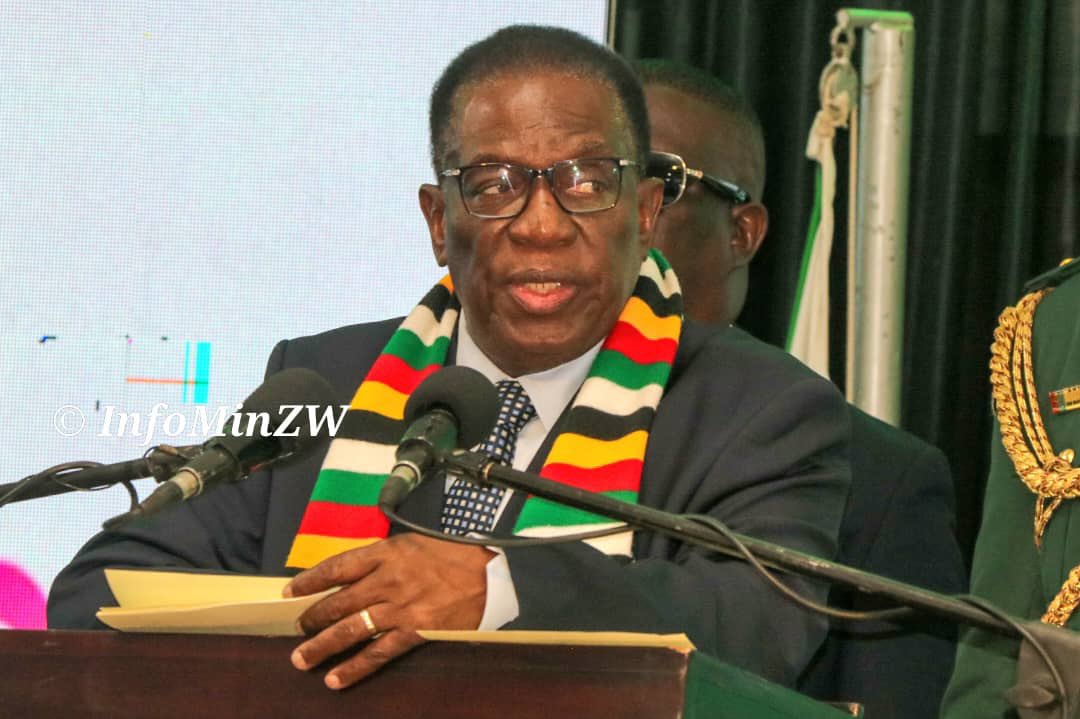HARARE – Seventy-nine percent or eight in 10 Zimbabweans support constitutional provisions limiting the president to a maximum two five-year terms, according to a new survey by Afrobarometer.
The limits are popular with Zimbabweans of all age groups and among citizens living in both urban and rural areas.
The results are a blow to supporters of President Emmerson Mnangagwa who are actively urging him to amend the constitution and run for office again when his second and final term ends in 2028.
Scrapping term limits would require at least one public referendum. Afrobarometer’s survey suggests a proposal to do away with presidential term limits would be hugely unpopular.
“A large majority of Zimbabweans say they prefer the present constitutional arrangement that limits the president to a maximum of two terms in office,” Afrobarometer said.
Men are more likely than women to support presidential term limits – 81 percent to 76 percent, the survey showed.
Urban residents (85 percent) strongly support term limits compared to their rural counterparts (74 percent).
Support for term limits increased with respondents’ level of education, rising from 69 percent among those with primary schooling to 87 percent among those with tertiary education.
All age groups also strongly support term limits. Survey respondents aged 18-35 years were in favour by 79 percent. Age 36-55 and 56 and above were equally in support by 78 percent.
Just 20 percent of respondents supported scrapping term limits, while one percent of the respondents either said they “don’t know” or declined to offer their opinions.
The Afrobarometer team in Zimbabwe, led by the Mass Public Opinion Institute (MPOI), conducted face-to-face interviews with 1,200 adult citizens between June 1 and June 15, 2024.

On the question of multi-party political competition in Zimbabwe, about two-thirds (68 percent) of citizens were in favour of having many political parties so that voters have real choices in who governs them, while 31 percent said political parties create division and confusion and it is unnecessary to have many of them.
















